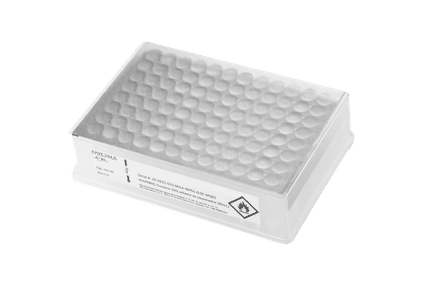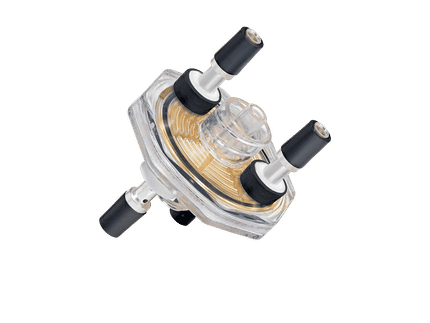To use all functions of this page, please activate cookies in your browser.
my.bionity.com
With an accout for my.bionity.com you can always see everything at a glance – and you can configure your own website and individual newsletter.
- My watch list
- My saved searches
- My saved topics
- My newsletter
ArteFillProduct highlight
ArteFillArteFill is an FDA-approved non-resorbable injectable dermal filler for the correction of wrinkles known as smile lines or nasolabial folds. It is a formulation of medical grade polymethylmethacrylate (PMMA) microspheres and bovine collagen used by dermatologists, cosmetic surgeons and plastic surgeons to treat smile lines. The PMMA microspheres in ArteFill are not absorbed by the body and therefore provide permanent support for wrinkle correction. FDA TestingArteFill was approved by the FDA in October 2006 based on data from a 12-month controlled, randomized, double-blind, clinical trial conducted at medical centers throughout the U.S.A. The study compared outcomes for patients treated with ArteFill with those of patients treated with the bovine collagen dermal fillers Zyderm and Zyplast. A total of 251 subjects were enrolled and had either ArteFill or the collagen control injected to treat their facial wrinkles. When evaluated 6 months after injection, which was the primary evaluation period, the wrinkle correction persisted in patients treated with ArteFill compared to the wrinkle correction in the patients treated with the collagen control, who returned to their pre-treatment status. The ArteFill patients were also evaluated one year after treatment, and demonstrated continued safety and wrinkle correction as compared to baseline and 6 months. The dermal filler products used as controls had lost efficacy by 6 months. A follow-up study of patients from this pivotal trial who were evaluated after a 5-year period has recently been completed. Wrinkle ratings for these patients at five years were compared to baseline and six months after treatment. The results showed continued wrinkle correction at five years, and the data have been accepted for publication. HistoryMedical grade PMMA has been used for decades (50+ years) in a variety of medical applications including intraocular lenses to treat cataracts, artificial joints, etc. PMMA microspheres have been used for cosmetic soft tissue augmentation outside of the USA in an estimated 200,000 procedures over the past 10 years. The PMMA technology has undergone many years of product development--first in Europe and then in the United States. Artecoll, an earlier product using this PMMA technology, was manufactured and sold in Europe and Canada. The following changes were made to further enhance the product for introduction into the USA as ArteFill: 1) manufacturing the PMMA at a facility owned by a USA based company (Artes Medical) and inspected by the FDA, 2) refinement of the PMMA microspheres and manufacturing process, with tightening of the specifications for the PMMA, and 3) manufacturing the bovine collagen at an approved, dedicated, USDA inspected facility in the United States. The FDA then approved ArteFill for marketing in the United States in October 2006. Current UsageArteFill is an FDA-approved non-resorbable wrinkle filler used by dermatologists and plastic surgeons for the correction of smile lines known as nasolabial folds. ArteFill is only sold to physicians who have undergone product training. ArteFill is different from temporary dermal fillers which are eventually absorbed by the body and require repeat injections. The PMMA microspheres in ArteFill are not absorbed by the body. These microspheres provide a permanent supportive foundation for long-lasting wrinkle correction. ArteFill is injected underneath the wrinkle, just above the skin’s fat layer. The treatment itself is similar to that of temporary dermal fillers like Radiesse, Restylane or Juvaderm. It involves injections with a fine needle over a few minutes. Patients resume normal activities immediately and most patients require 1 or 2 treatments, depending on the depth of their wrinkles and folds. Potential Risks and Side EffectsThe most common adverse events associated with ArteFill treatment are similar to those observed with other dermal fillers, and include mild swelling and reddening at the treatment site. These side effects usually resolve within 24 hours. Occasionally, there is mild bruising that typically disappears in 3 to 7 days. Less common side effects include rash and itching, persistent swelling or redness, and increased sensitivity at injection sites. A skin test is required before initial treatment to make sure the patient is not sensitive to bovine collagen. For further product safety and efficacy information please see the Instructions For Use. |
|
| This article is licensed under the GNU Free Documentation License. It uses material from the Wikipedia article "ArteFill". A list of authors is available in Wikipedia. |






